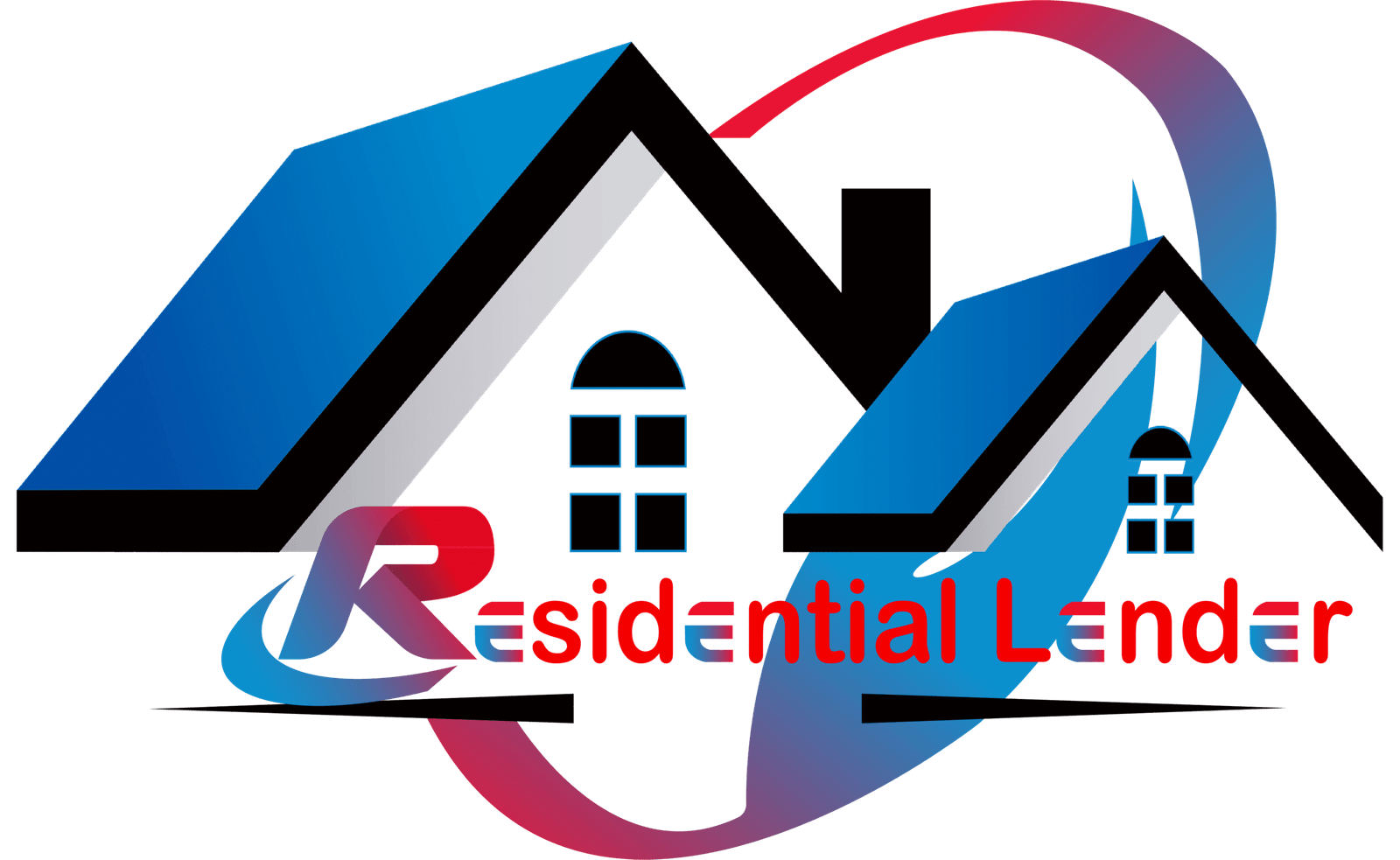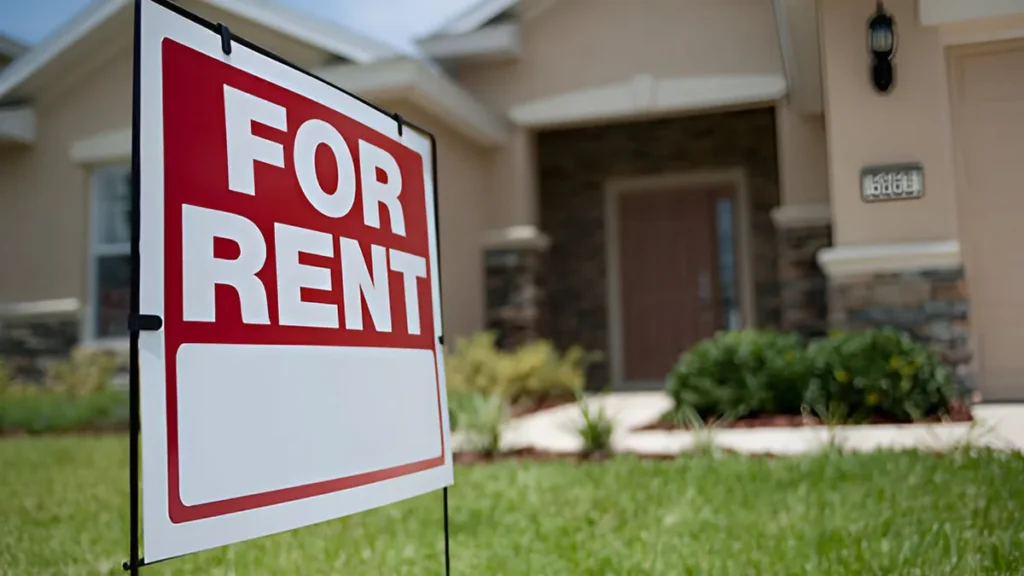Start rental property investment different states or same state that each makes money on their own. That sounds like a dream.
On the other hand, managing rental properties in different states can take time and work. Coordinating care, dealing with tenant problems, and following local rules can be challenging.
These problems can be solved with the proper techniques and resources, and your real estate investments in more than one state can become a profitable business. Let’s talk about handling rental properties in different states without any problems.
Expanding on the Benefits of Rental Property Investment in Different States or Same State
There are many benefits to spreading out your rental properties in different states or even within the same state:
- Mitigating Risk: Investing in rental properties in different states can lessen the effect of neighborhood economic downturns. If one state market goes down, the others might still do well, covering your whole investment.
- Accessing Different Markets: Every city or state’s market works differently. You can find properties with higher rental yields, better appreciation potential, or a more comprehensive range of possible tenants by spreading your investment.
- Capitalizing on Local Trends: The economy or business growth may differ in different parts of the country. For instance, an investment might be a good idea in a city where the population or a specific business multiplies.
- Leveraging Tax Benefits: Some states or cities give tax breaks or breaks from paying taxes to people who own rental properties. By diversifying, you can take advantage of these chances and save as much money as possible on taxes.
Overcoming the Challenges of Managing Rental Properties Across State Lines
Diversifying your rental property investment different States or same state can be beneficial. Still, it also comes with some new problems:
- Varying Landlord-Tenant Laws: Each state’s landlord-tenant rules cover security deposits, rent increases, how to get kicked out, and tenant rights. It can be hard to understand and follow these rules, especially when you are in charge of properties in more than one jurisdiction.
- Managing Repairs and Maintenance from Afar: Coordinating repairs and care for properties in different states can be challenging and time-consuming. Finding trusted contractors, making appointments, and ensuring the work gets done on time can be difficult when you’re away.
- Finding Reliable Property Managers or Contractors: Finding reliable property managers or workers in every state can be challenging. Make sure that they have the skills, knowledge, and tools to run your properties well and deal with any problems that may come up.
Mastering The Rental Property Investment Different States Or Same State Management
Managing rental homes in different states can be challenging, but you need a plan to get through it. Here are some things you can do to get better at managing rental property investment different states or same state:
- Leverage Technology: Use internet tools and services to manage rental properties. These tools make collecting rent, asking for repairs, and talking to renters easier. Think about online tenant portals, automated rent payments, and keeping track of repair requests.
- Hire Experienced Property Managers: Work with reliable property management firms focusing on the people you want to reach. Property managers with a lot of experience can handle day-to-day tasks like screening tenants, renewing leases, and inspecting properties to ensure they align with local rules.
- Streamline Processes: Set standard processes for property management, like finding suitable tenants, making lease agreements, and fixing broken things. This can help your sites stay consistent and work better together. Use templates or create checklists for lease agreements and maintenance chores.
- Build Strong Relationships: Connect with each state’s contractors, service providers, and lawyers. A network of people you can trust can make managing properties more accessible and help you take care of problems quickly.
- Stay Informed: Keep up with each state’s latest tax rules, market trends, and landlord-tenant laws. You can make intelligent choices and stay out of trouble with the law now that you know this. You should join local landlord groups or subscribe to trade magazines.
Using these tips, you can handle your rental properties across state lines well and maximize your investments.
Leveraging Local Expertise Within the Same State
Even if you’re managing rental properties in the same state, knowing the local quirks can make your job much easier. Here are some excellent reasons to use neighborhood knowledge:
- Deeper Understanding of Local Market Trends and Regulations: Different cities or regions within a state may have different rental demands, land values, and market rules. Knowing about these things can help you make smart business choices and get the most out of your property management strategies.
- Easier Access to Maintenance Professionals: Knowing local service providers and workers can make maintenance easier and save money. Professionals who live and work in the area are likely to understand it better and be able to handle problems more quickly.
- Improved Ability to Connect with Potential Tenants: Knowing about the people in the area and what they like can help you find suitable tenants for your properties. This can make more people want to live there and keep them for longer.
You can improve how you handle rental properties and have a lot of success in the state you choose by using local knowledge.
Building a Strong Infrastructure for Efficient Management
To manage rental properties across states successfully, you need a robust infrastructure. These are some helpful links:
Finding Reputable Property Managers
- NARPM (National Association of Residential Property Managers): https://www.narpm.org/
- PMIG (Property Management Institute): https://www.propertymanagementinc.com/
- Local Real Estate Boards: Check with local real estate boards for recommendations on property management companies in your target areas.
Online Tools for Managing Rental Properties
- Rent Manager: https://www.rentmanager.com/
- Buildium: https://www.buildium.com/
- AppFolio: https://www.appfolio.com/
Legal Resources for Understanding Landlord-Tenant Laws
- Nolo: https://www.nolo.com/
- LawDepot: https://www.lawdepot.com/
- State-Specific Legal Resources: Consult with your state’s bar association or attorney general’s office for specific landlord-tenant laws.
By using these resources and making a solid foundation, you can manage your rental properties across multiple states, ensure your investment goes smoothly, and make money.
The Power of a Trusted Financial Partner on Your Investment Journey
A solid financial base and intelligent management are needed to build a real estate empire. Because of this, ResidentialLender.net is the right partner for you.
Expertise in All Aspects of Real Estate Investment: When it comes to real estate financing, our team knows a lot, from the different loan choices available to market trends. We can walk you through the process and make sure you make intelligent choices about your rental properties in one or more states.
Network of Lenders and Investors: Residentiallender.net has many investors and loans. This way, we can match you with the best financing choices for your needs and goals. We can help you get the money you need to make your investment dreams come true, whether you’re looking for conventional loans, hard money loans, or other alternative financing.
Streamlined Loan Application and Underwriting Process: We know that time is money, which is significant when investing in real estate. The loan application and approval process at Residentiallender.net is made more accessible, so you can get the cash you need quickly and easily.
But our dedication goes beyond just getting the money. You can get help from a team of experienced financial advisors at Residentiallender.net. They will be with you every step of the way as you spend. We’ll give you ongoing advice and support to help you make smart financial choices, handle your investments well, and reach your long-term real estate goals.
Trust Residentiallender.net to help you build a successful real estate business.
A Case Study
Meet Sarah. A real estate owner with much experience wants to grow her business by buying properties in more states. When Sarah started, it took a lot of work to figure out how to manage properties in various jurisdictions and get the money she needed.
Solution: Sarah teamed up with Residentiallender.net, which gave her expert advice, access to a vast network of lenders, and easy ways to get money. With Residentiallender.net’s help, Sarah could buy homes in several states. They were able to help her understand the local rules and get good financial terms.
Results: Sarah’s rental portfolio in multiple states has grown, giving her steady passive income and reducing the risks of depending on just one market. Sarah used Residentiallender.net to build a diverse and profitable real estate business.
Conclusion
Whether investing in real estate across state lines or in your state, managing rental properties well is critical to making money. You can make sure your homes are well-kept, rented to responsible people, and bring in steady income by using the tips in this article, like partnering with experienced professionals, staying up to date on local markets, and using technology.
Remember that having a solid financial base is just as important. You can trust Residentiallender.net to be your partner. We can help you get the money you need to achieve your business goals. They have much experience with real estate financing, easy access to a vast network of lenders, and a quick application process.
Don’t wait any longer to start building your real estate business. Get in touch with Resodentiallender.net right away to set up a meeting, and let their team of experienced financial experts help you get where you want to go.
FAQs
How can I find reliable tenants for my rental property?
- Conduct thorough tenant screenings, including background checks and credit reports.
- Advertise your property effectively to attract qualified tenants.
- Consider using a professional property management company to handle tenant screening and placement.
What should I include in a rental lease agreement?
- Essential terms: rent amount, due date, security deposit, lease term, pet policies, maintenance responsibilities, and termination clauses.
- Consult with an attorney to ensure your lease agreement complies with local laws.
How often should I inspect my rental property?
Regular inspections, such as annual or semi-annual, help identify potential issues and ensure the property is well-maintained.
What are my responsibilities as a landlord regarding maintenance?
- Generally, landlords are responsible for maintaining the property’s structure, systems, and common areas.
- Consult your local landlord-tenant laws for specific requirements.
How can I effectively manage rental properties in different states?
- Utilize online property management tools.
- Hire experienced property managers in each state.
- Streamline processes and establish standardized procedures.
- Build relationships with local contractors and service providers.
What are the challenges of managing rental properties across state lines?
- Varying landlord-tenant laws.
- Difficulty managing repairs and maintenance from afar.
- Finding reliable property managers or contractors.
How can I mitigate the risks of investing in properties in different states?
- Diversify your portfolio across different markets.
- Stay informed about local market trends and regulations.
- Consider partnering with a trusted financial advisor.
What financing options are available for rental property investments?
- Conventional loans, hard money loans, private investor financing, and owner financing are standard options.
- Consult with a financial advisor to determine the best financing option.
How can I find a reputable lender for my rental property investment?
- Work with a trusted financial advisor or research lenders specializing in real estate investments.
- Consider using online resources like Resodentiallender.net to connect with potential lenders.
What factors do lenders consider when evaluating my rental property investment?
Key factors include property value, rental income, occupancy rate, credit score, and debt-to-income ratio.








